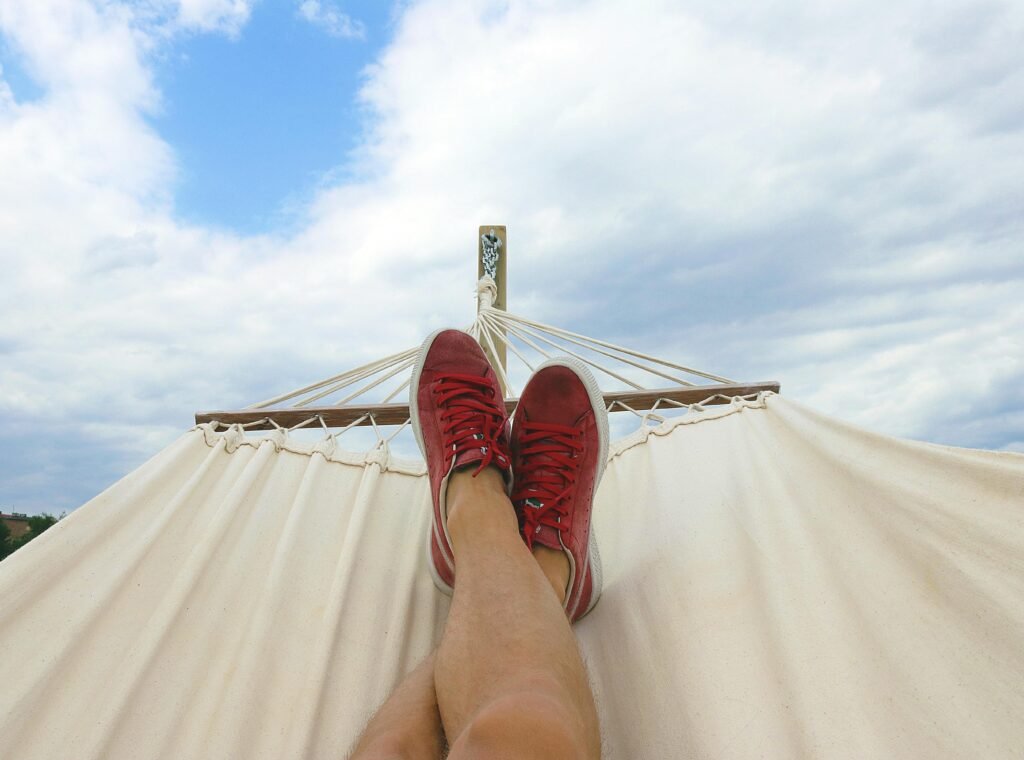
One of the best approaches to control stress is by using relaxation methods. Relaxation goes beyond just mental tranquility or enjoyment of an activity. This helps your body and mind to relax lessening their impacts of stress. Learning techniques for relaxation will enable you to handle daily tension. And these choices can help with long-term stress or stress connected to several health issues, including pain and heart disease.
Relaxation techniques help you whether your stress is under control or you already have it under control. Learning simple relaxation methods is not difficult. Many times free or low cost, relaxation techniques carry little risk. And one can perform them anyplace.
Discover easy strategies to unwind and start on de-stressing your life and enhancing your general well-being and health.
The Advantages of Relaxing Methods
When confronted with daily work or responsibilities or the demands of an illness, leisure activities might not be top priority in your life. You can so lose out on how rest might improve your health.
Techniques of relaxation can include:
- Reduced heart rate.
- Lower blood pressure.
- Slowed rate of breathing.
- Promote better digestion.
- Regulate your blood sugar levels.
- Reduce stress hormone production.
- Boost main muscles’ blood flow.
- Reduce chronic pain and muscular stress.
- Boost concentration and attitude.
- Enhance the quality of sleep.
- Less tiredness.
- Reduce frustration and resentment.
Combining relaxation strategies with some other effective coping mechanisms will help you to maximize benefits:
- Forward thinking
- Get funny
- Work through challenges
- Control time and priorities
- Get in constant exercise
- Eat a nutritious diet
- Get sufficient rest
- Spend some time outdoors
- Make contact with encouraging friends and relatives
Categories of Relaxation Methods
Many relaxation techniques can be taught by complementary and integrative health practitioners, mental health experts, other healthcare professionals, You can also pick some up on your own, though.
Usually, relaxation methods combine awareness and concentration. You pay close attention to something soothing and become conscious of your body. It makes no difference the method you apply. What counts is that you discover means of relaxation to reap advantages.
Techniques for relaxation comprise:
- Autogenic Relaxation
Autogenic refers to something born within of you. This relaxation exercise reduces tension by use of visual imagery and bodily awareness.
You go back in your mind over words or ideas that can assist you unwind and release muscular tension. You might picture, for instance, a calm scene. You then can concentrate on slowing your heart rate or breathing relaxation. Alternatively you might experience other physical sensations, like one by one relaxing each arm or leg.
- Relaxation Using Progressive Muscles
With progressive muscle relaxation, you concentrate on tensing each muscle group gradually then relaxing them.
This will enable you concentrate on the variations between muscular tension and relaxation. One can develop increased awareness of physical sensations.
In one kind of progressive muscular relaxation, you begin to contract and release the muscles in your toes. You climb steadily toward your neck and head. This is best carried out in a peaceful space free of disturbances. You can begin with your head and neck and proceed down to your toes. About five seconds tense your muscles; then, relax for thirty seconds and repeat.
- Visualization.
In visualization, you could create mental images to travel visually to a serene, soothing location or circumstance.
Try to employ as many senses as you can—smell, sight, sound, touch—to unwind utilizing imagery. Imagine yourself lounging at the sea; consider the fragrance of the salt water, the sound of breaking waves, and the sensation of the warm sun on your body.
You might like to close your eyes and settle in a calm area. Let any tight clothes go and concentrate on your breathing. Try to live in the now and consider good ideas.
Other leisure activities could be:
- Breathing Deeply
- Massage
- Meditation
- Tai Chi
- Hinduism
- Biological feedback
- Therapy using art and music
- Aromatherapy
- Hydrogen therapy
- Techniques for relaxation call for practice
Techniques for Relaxation Call for Practice
Learning relaxation techniques helps you to become more conscious of muscle tightness and other physical responses your body takes against stress. Once you understand what the stress reaction feels like, you can start using a relaxation method right away should you begin to experience stress. This helps to stop stress from spiraling out of control and compromising your quality of life.
Recall that methods for relaxation are skills. Like any skill, your capacity for relaxation increases with experience. Patience with yourself is vital. Don’t let your attempt at relaxation methods become still another source of tension.
Try another relaxing method if one doesn’t help you. Talk to your doctor about alternative choices if none of your attempts at reducing your stress seems to be working.
Also keep in mind that certain people—especially those with severe mental health problems and a background of trauma or abuse—may find emotional discomfort using various relaxation strategies. Though this is rare, stop what you’re doing if you feel uncomfortable emotionally during relaxation exercises. Speak with a mental health specialist or your medical practitioner.
No responses yet